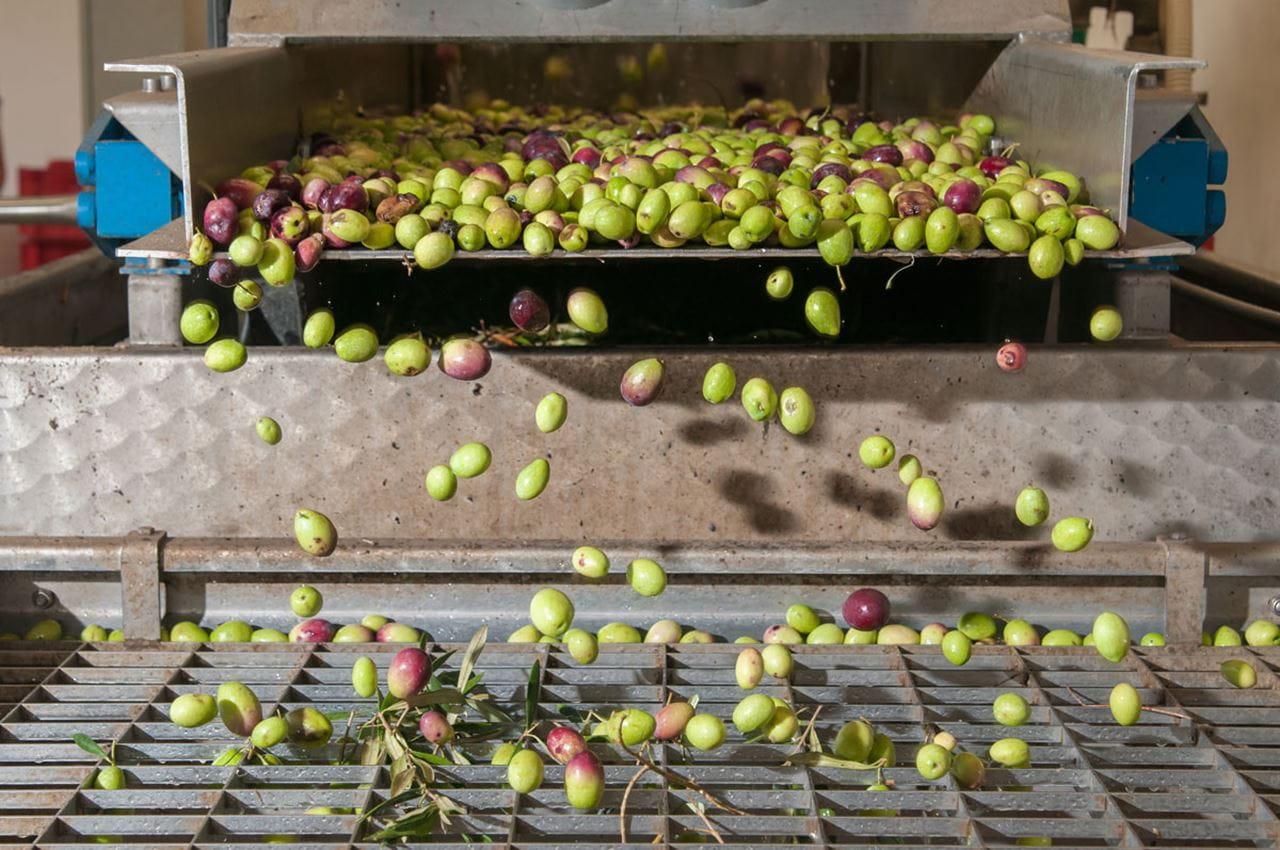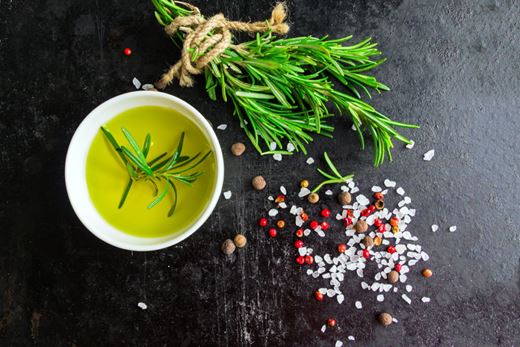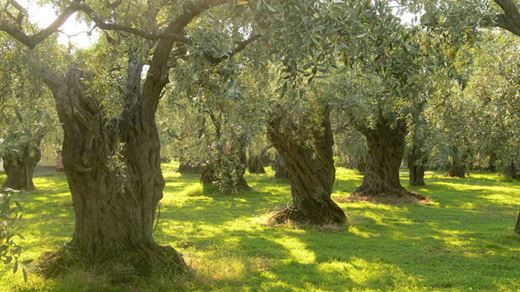Our olive oil must be in a position to provided answers on its quality and purity. As research also shows, olive oil of unknown origin very often proves to be anything but pure and unadulterated.
According to a research carried out by SEVITEL (Greek Association of Olive Oil Standardization Industries), in households using olive oil of unknown origin, 7 out of 10 samples proved to be unsuitable, mainly due to downgrading and adulteration.
The adulteration and downgrading of olive oil cannot be ascertained simply through taste and smell. Olive oil of good quality is one that has been recently produced (namely, this year), is a product strictly selected by experts, has been checked in depth and has been standardized in packaging that guarantee the maintenance of its valuable aspects. The adulteration and deterioration of olive oil of unknown origin is not only a financial fraud but, most importantly, converts a thoroughly beneficial product into one harmful for our health.
But how I can be sure that I consume pure, high quality olive oil?
Standardization is a process that forms a protective shield for the consumer.
By selecting a packaging of olive oil of known origin, hermetically sealed with a safety cap, a specific expiration date, as well as the trader’s full name and address and which, therefore, complies with the specifications of the competent state bodies, we can feel secure in our choice.
By selecting Altis, we are even more certain that each bottle is backed by the most complete quality controls in all the productions stages, from the olive mill, to the transportation, packaging and standardization, with modern methods and certifications according to FSSC 22000 (food safety), IFS (International Food Standard), ISO 17025 (acknowledged by the National Accreditation System) and IOC recognition.




